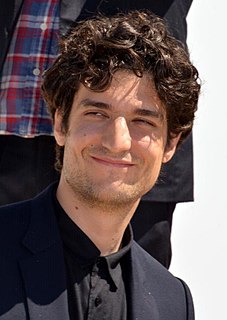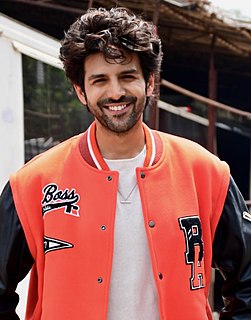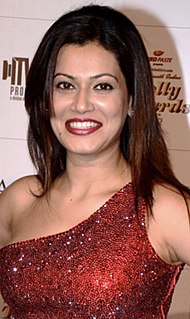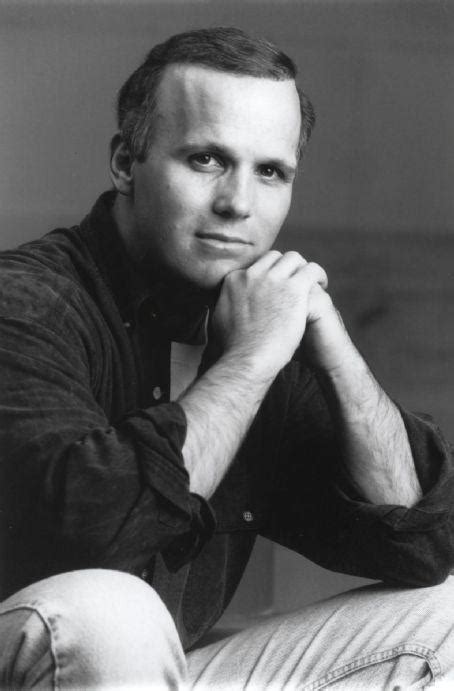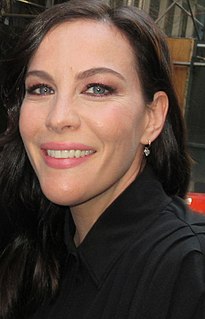A Quote by Louis Garrel
I like to be able to understand the feeling of the director, that a film corresponds to something in his life. Otherwise, it doesn't interest me much.
Related Quotes
Me and Kirby are very collaborative and it changes from film to film. The first project we worked on together, Derrida, we co-directed. The last film Outrage, I was the producer and he was the director. This film was much more of a collaboration - he is the director and I am the producer - but this is a film by both of us.
Directing doesn't appeal to me. I'm much more in the world of ideas. My husband is a director, and I understand what it takes to direct. It's a skill set where you have to be able to talk to actors and understand them, and I don't. It's a very different way of being in the world, and I much prefer writing and producing.
Sometimes I'll go for something more because of the story, or more because of the director. But, generally, I have to feel like it's something that I have a real sympathy for - a person that I can completely go, "Oh, wow, oh, I'm there." Otherwise I don't feel like I will be able to pull it off at all. I know I haven't done everything very well in the past; some things have worked and some things haven't. But I need to feel like I can feel about the person, understand that person, I suppose.
With a good script a good director can produce a masterpiece; with the same script a mediocre director can make a passable film. But with a bad script even a good director can’t possibly make a good film. For truly cinematic expression, the camera and the microphone must be able to cross both fire and water. That is what makes a real movie. The script must be something that has the power to do this.
Film works when a director and a star have a connection. You know, when there's something telekinetic between them, there's a partnership, it's like alter egos. It's like James Stewart and Alfred Hitchcock, or Fellini and Mastroianni. I'm not comparing, I'm just saying, if you can come into a relationship where the director and star have such a bond, it's so much easier to make a movie.
Film’s thought of as a director’s medium because the director creates the end product that appears on the screen. It’s that stupid auteur theory again, that the director is the author of the film. But what does the director shoot-the telephone book? Writers became much more important when sound came in, but they’ve had to put up a valiant fight to get the credit they deserve.
Working with Bernardo Bertolucci, director of Stealing Beauty was my first experience of being able to communicate with someone whom I'd think of as a mentor, who'd ask me my opinion and trust me, and believe in me and allow me to do the things that I wanted to do. The film itself was also rare in terms of character most of the scripts I've read are the story of some man, and there might be a love interest or a big woman's part.
Before writing a single note of music, and even before the spotting session, I find it best to sit down with the director and just listen to him or her talk about the film - what they're trying to say, what they want the audience to understand or believe, and a thousand other similar questions. The director has most likely been living with the film for years before a composer is attached, and so the director's inclinations, desires, and understanding of the film are paramount.
